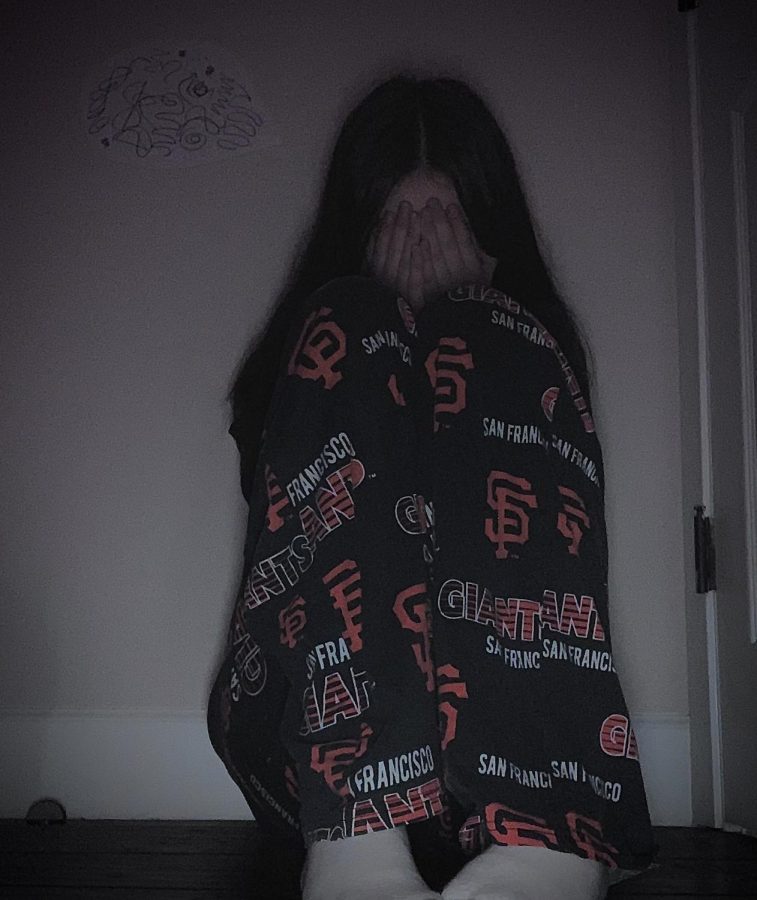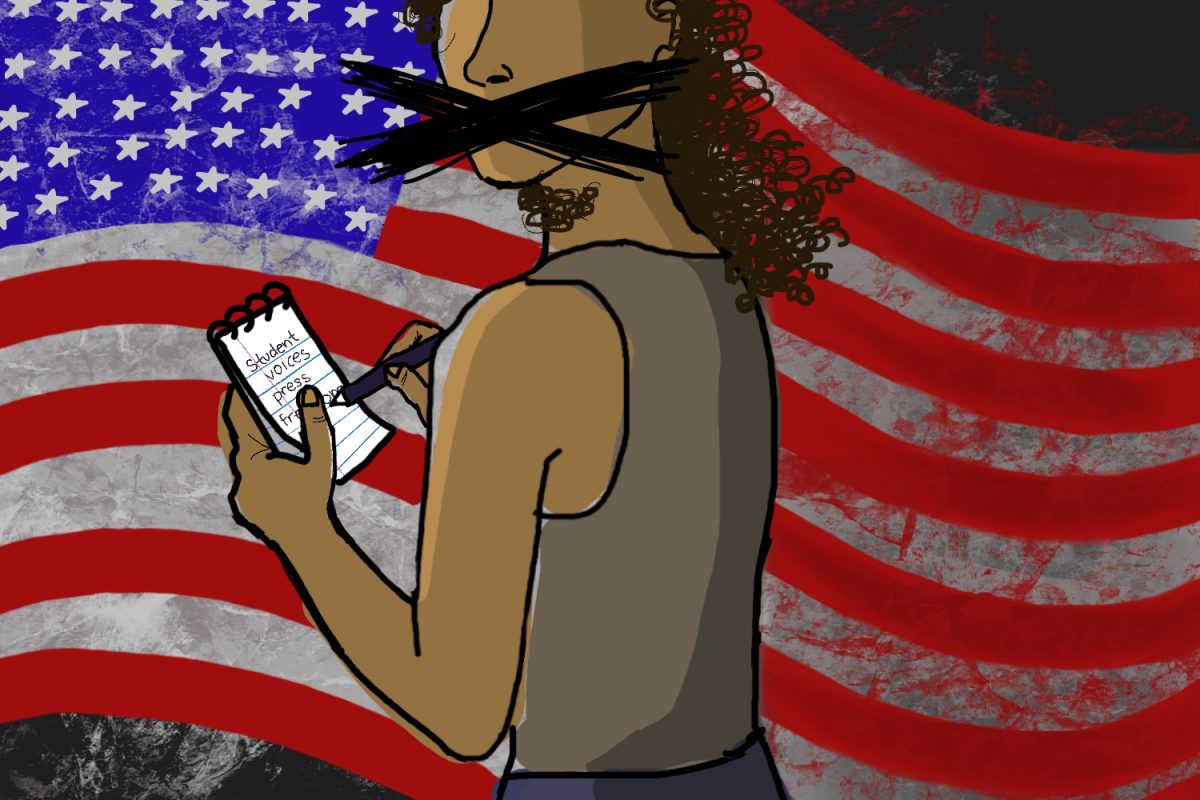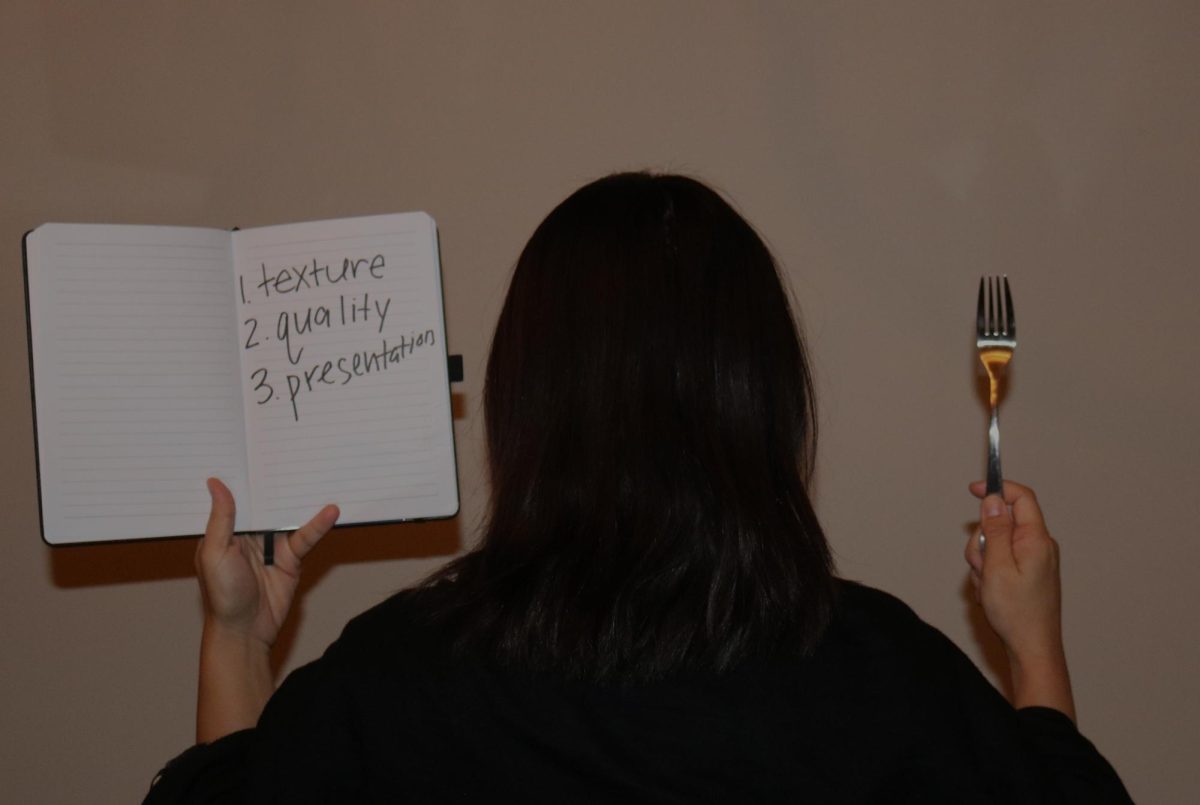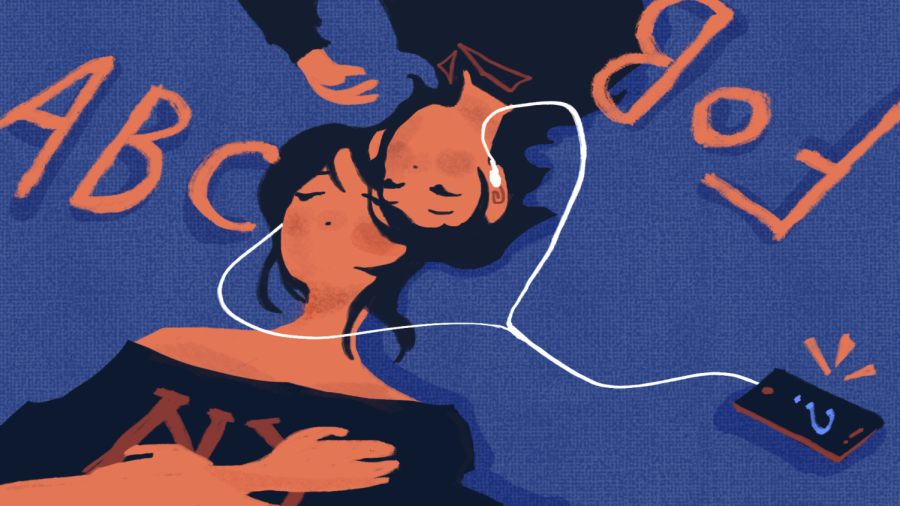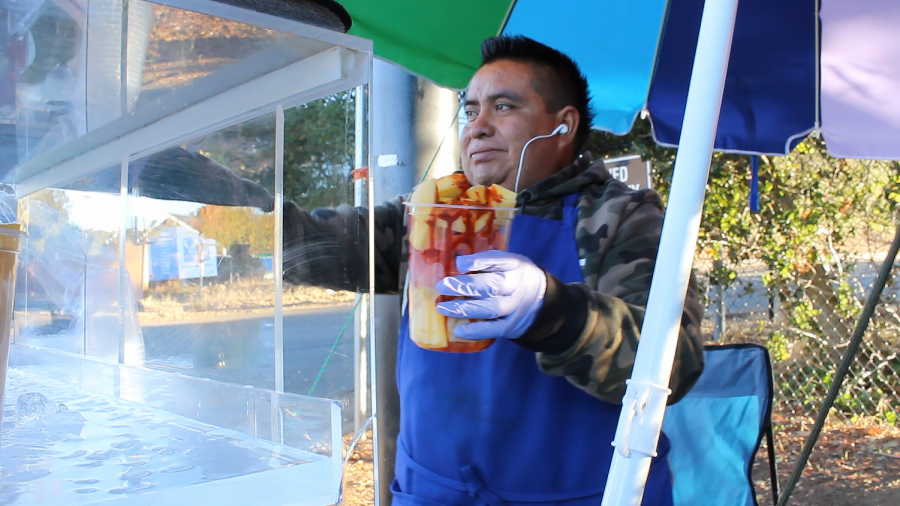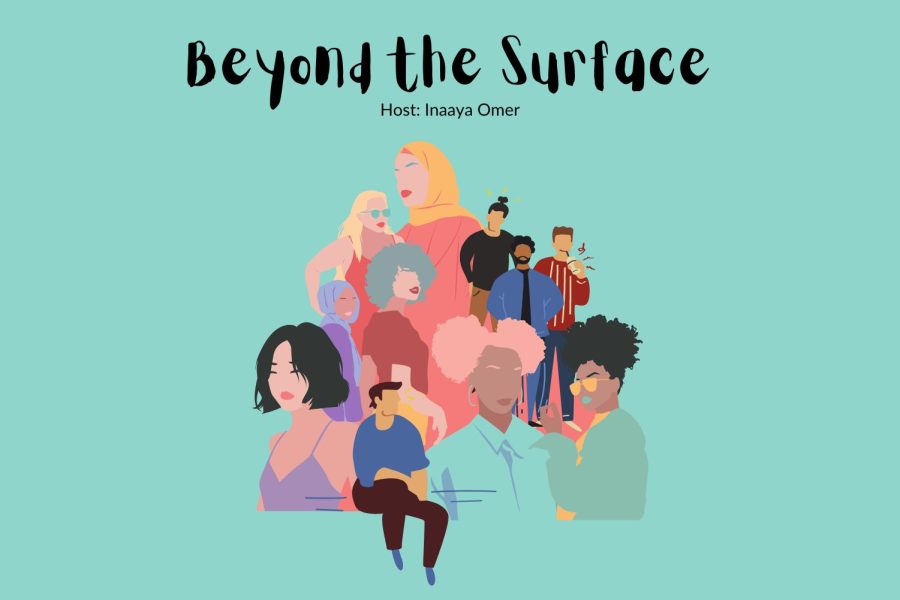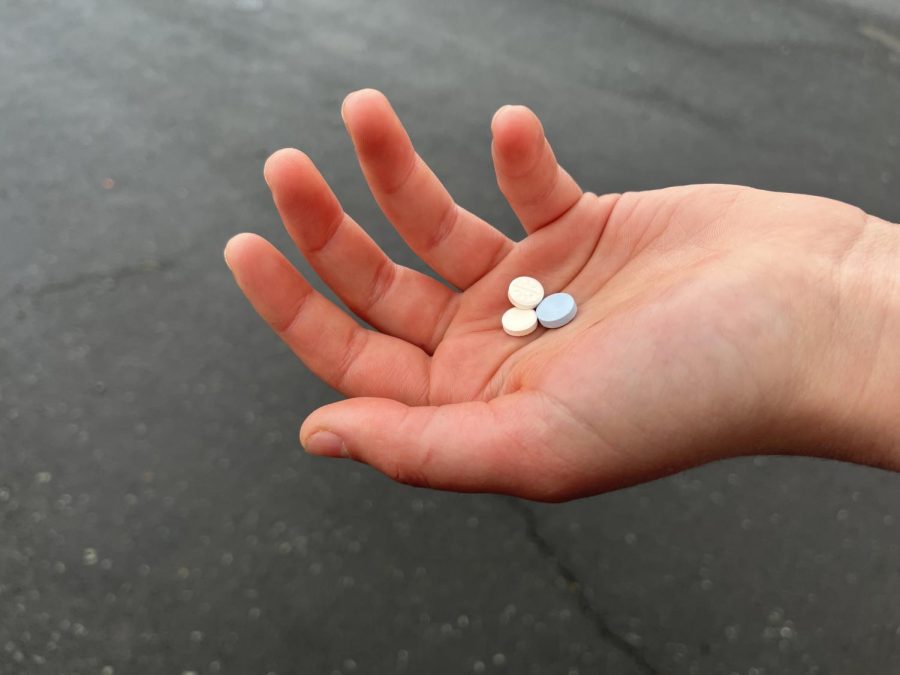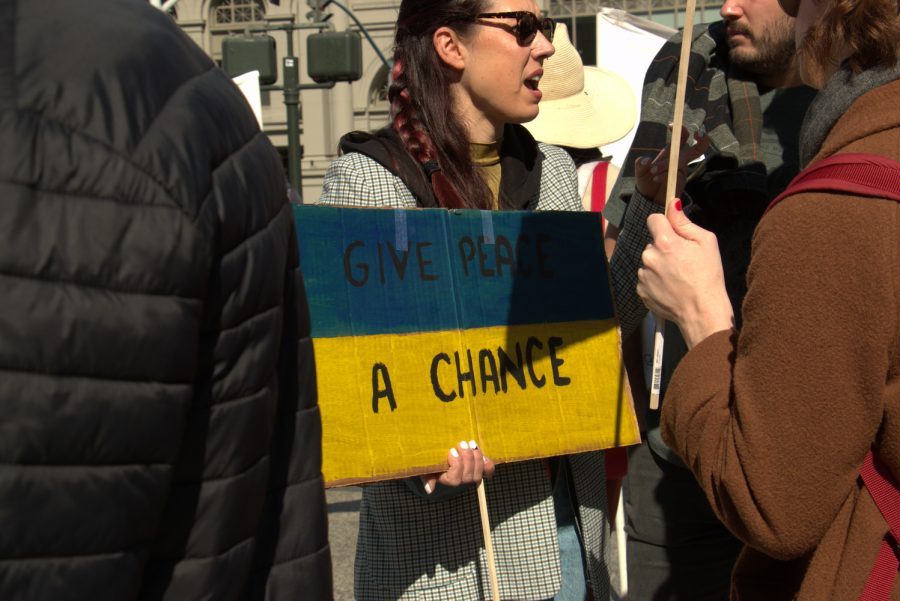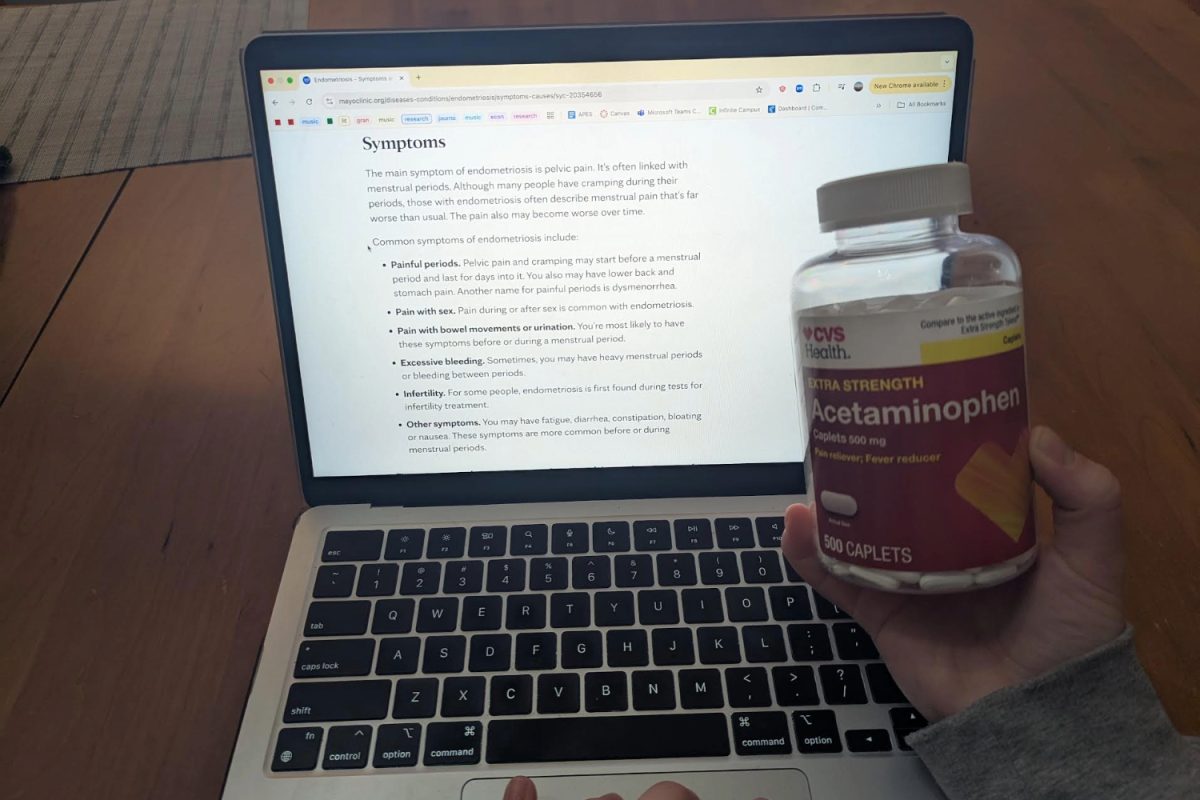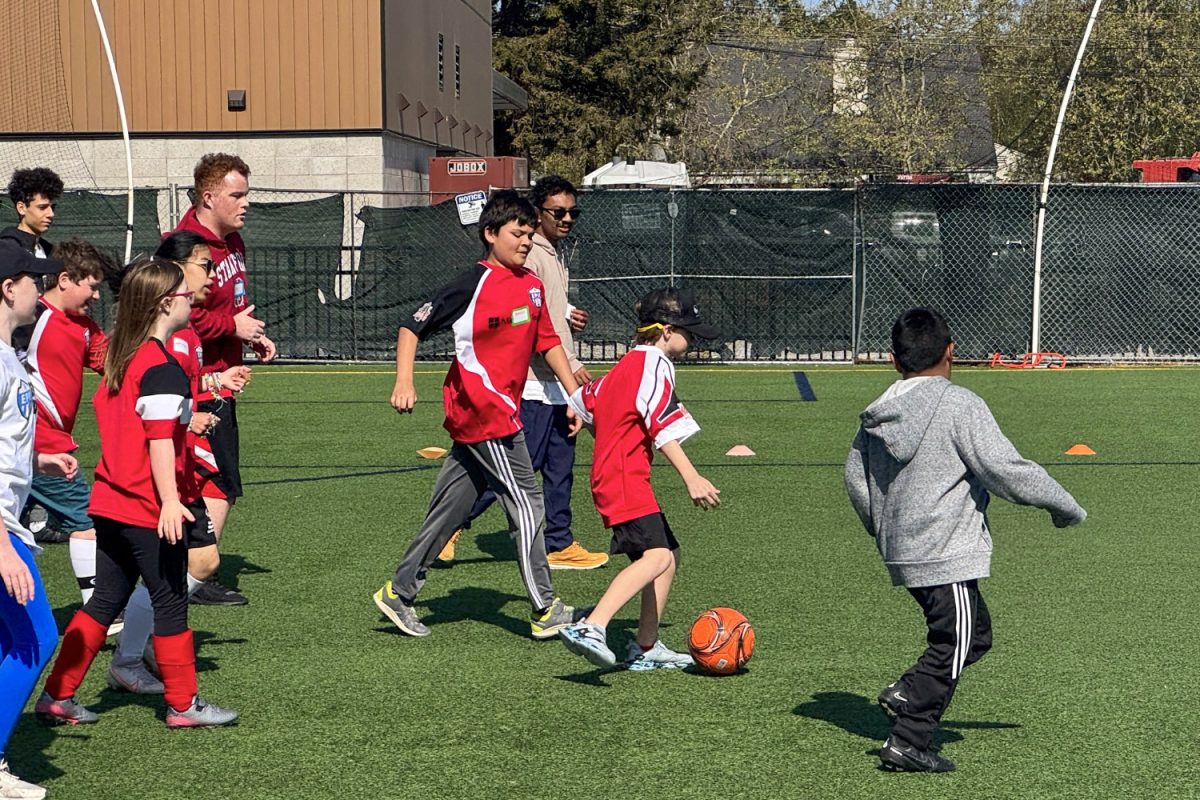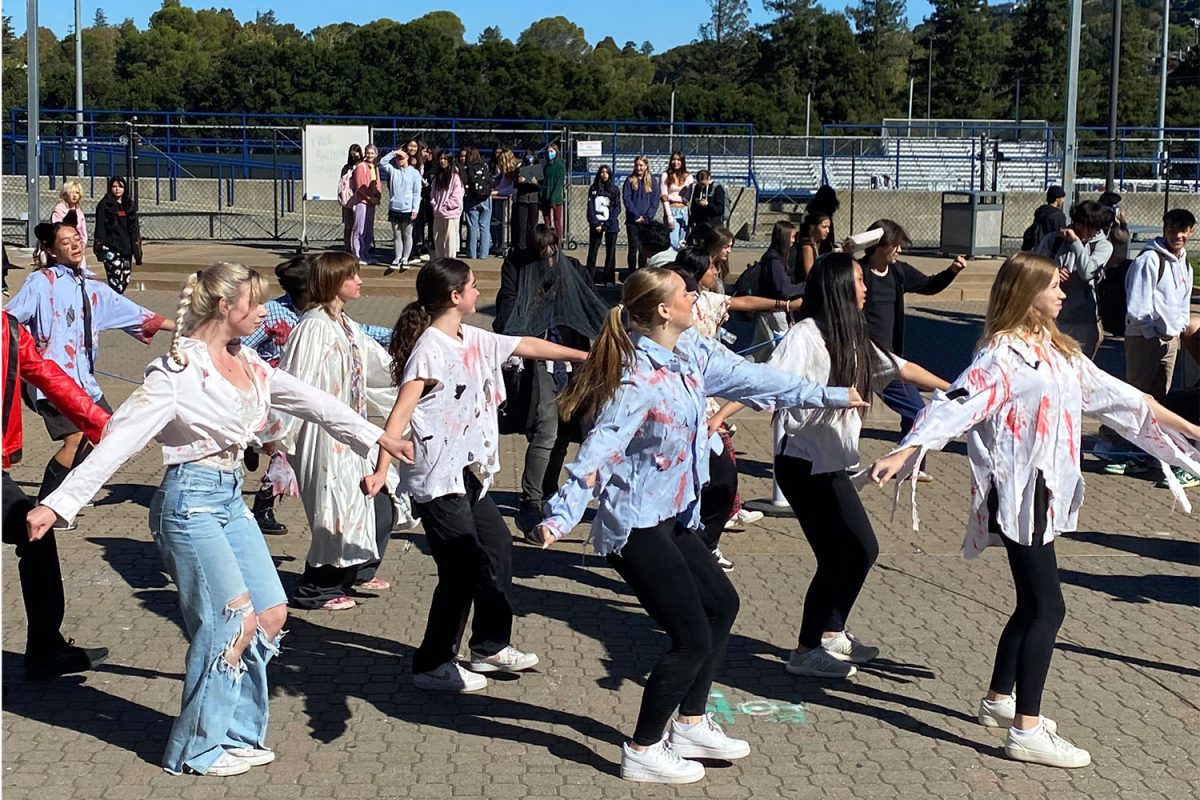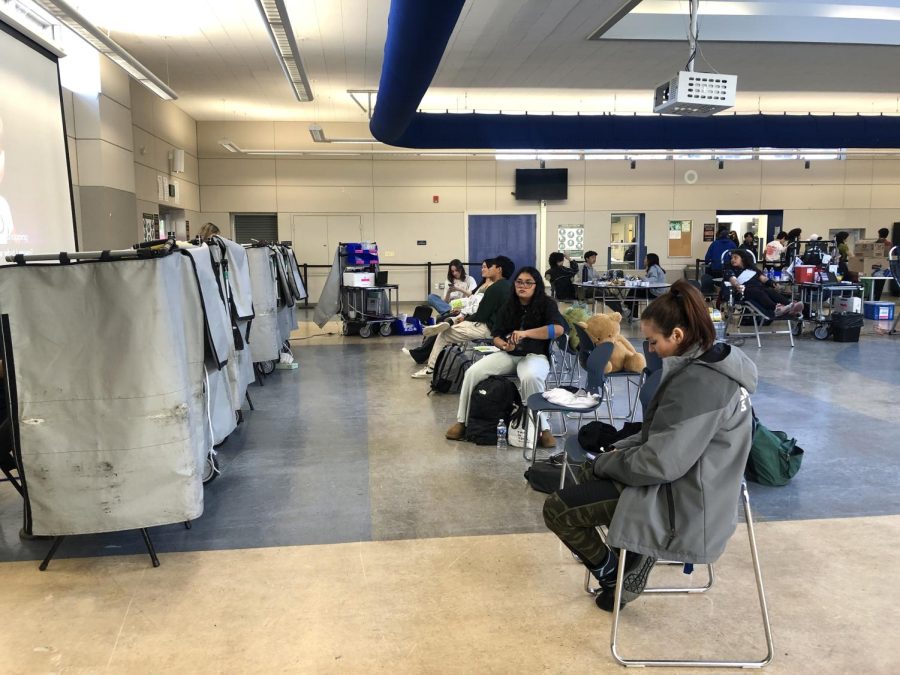Anxiety is the feeling of when you stay up at night staring at the ceiling, asking yourself an infinite number of questions, debating whether or not you want to know the answers.
The feeling where you wonder who truly cares and who is just using you. Who is there to help, and who is desperately waiting for you to fail? The feeling that you’re not good enough or that you need to be “this, this, and this” to be successful and liked, craving the attention you know you can’t have. The feeling of constant frustration because it is physically impossible to be completely happy: where you question your value, worth, pride, self–every little aspect about you. Overthinking all night, only to be left with you, yourself, in a very dark place. If only there were someone to vent to–but no one would understand.
This is how anxiety leaves its mark. Luckily, anxiety is something that can be overcome. It has many different types and effects; according to the Desert Hope Treatment Center, the five major types of anxiety are separation anxiety disorder, specific phobia, social anxiety disorder, panic disorder, and generalized anxiety disorder. The general effects of these disorders are a sense of impending doom, panic attacks, depression, headaches, pounding heart, breathing problems, and upset stomach. Depending on the type of anxiety, there could be more or fewer problems; but no matter what type, anxiety shouldn’t stop you from your everyday life.
Anxiety can have a variety of physical manifestations, especially in tasks related to the future. Fifteen-year-old student Jackson Guiod revealed his struggles with a generalized anxiety disorder.
“Stereotypically, I feel I can’t express my struggles with anxiety because of the way men get judged for having a weakness. But my anxiety stops me from having the strength to go to school or even the strength to ask for help,” he said.
The struggle to accomplish basic tasks for any other student has lasting effects on his psyche and his very future. Without proper coping mechanisms, not only could Guiod not graduate from not going to school, but it could cause additional mental problems down the line. Every little struggle now accumulates, creating a time-bomb in the future, if not dealt with properly.
It’s important to validate emotions such as the ones Guiod is feeling; he is not alone. According to the World Health Organization, one in three teenagers has anxiety, as well as over 40 million Americans. Chances are that someone has likely been in that headspace before.
To stop the endless spiral of problems and fears, using coping skills can help. Coping skills can help prevent panic attacks, deal with freezing up during a performance, or when feeling nervous meeting new people. Professional therapist and psychiatrist Emily von Scheven reiterates the importance of realizing that this struggle is often shared.
“When you feel nervous, it’s good to remember that everyone feels the same way you do; everyone you meet is just as nervous about meeting you,” von Scheven said.
Other coping skills could help with anxiety or even just everyday stress. Meditation and deep breaths are good for clearing the mind, and so is going for a walk to admire nature and its beauty. Listening to music or relaxing sounds when feeling stressed or writing an essay is good for coping with school stress. Doing a hobby like painting or drawing or hanging out with a pet is another good way to calm down. Drinking your favorite tea, lighting some candles or incense, lying down, and thinking of a “happy place” can help lessen anxiety so that you can go to sleep. Being anywhere or doing anything that brings peace–just taking a moment to escape reality–can do so much for basic mental health and wellbeing.
These simple techniques are beneficial for easing the general build-up of negative emotions. However, more serious symptoms of anxiety, such as panic attacks, require specific coping mechanisms. A panic attack is an intense fear that triggers severe physical reactions when there is no real danger or cause. When a panic attack occurs, many irrational thoughts cross the mind: having a heart attack, seizure, or even dying. Nicole Berrios details her experience with these attacks.
“My panic attacks first start with me going numb, to then uncontrollable twitching through my whole body, and then just the worst physical and mental pain that makes me cry. It also lasts for maybe an hour or until my body gets too tired and stops twitching,” she said.
To overcome attacks or even prevent them from happening in the first place, Berrios has found that breathing in and out and taking her mind off her thoughts can eventually calm her down. Although this can be a slow process, it’s imperative to prevent further mental spiraling and physical harm.
“There can still be twitching or pain, but it’s very important to focus. First, calm the heart, then the mind, and lastly, find something distracting so that the body can relax,” von Scheven said.
If you feel that you may need extra help from a professional, there are many options. There are types of therapy that work for everyone: group, one-on-one, couples, and anonymous therapy are available. For one-on-one therapy or personal therapy, there are many local therapists and psychiatrists available. An important fact to keep in mind is that the first therapist may not be a good fit, but that doesn’t mean that professional help is a waste: keep looking until the right person can help.
One last thing to remember is to go easy on yourself. Whatever you did today, it’s enough. Nothing is worth poisoning yourself with stress, anxiety, and fear.

